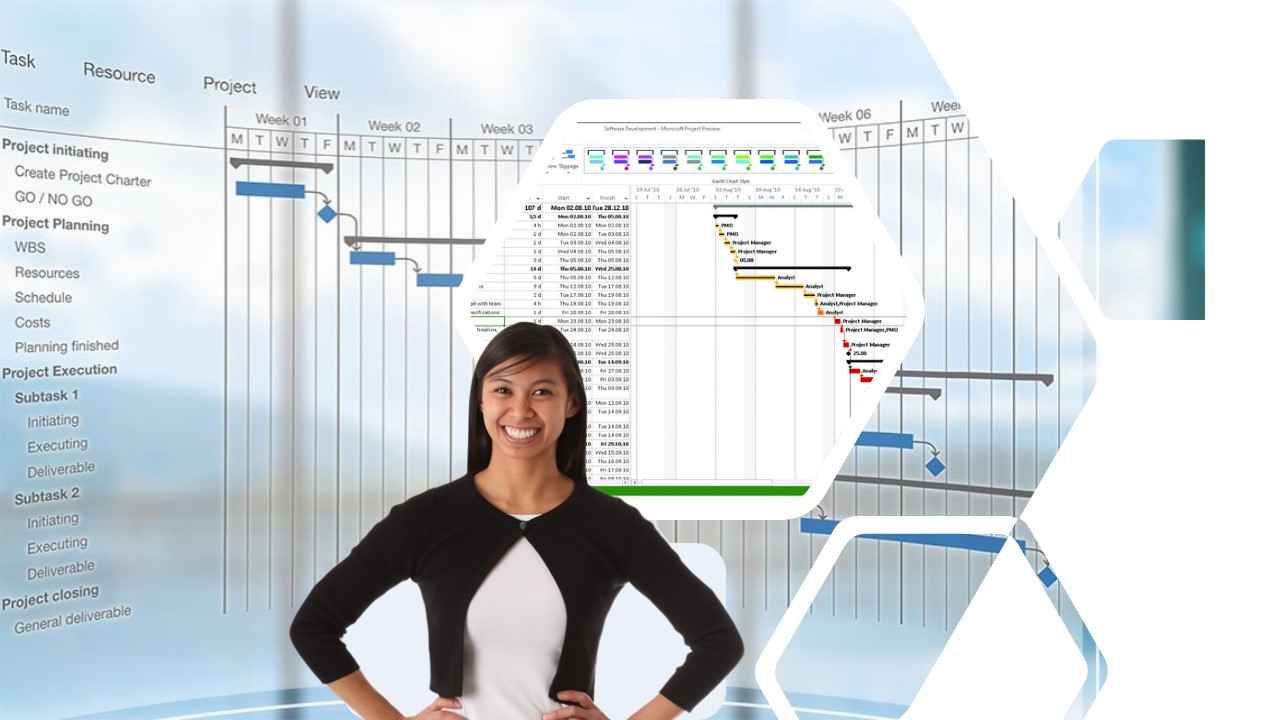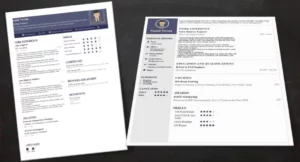Tips and Tricks for Project Management and Scheduling
- By
- Pooja |
- July 13, 2023 |
- Civil Engineering, Project Management,

Table of Contents
Introduction to Project Management and Scheduling:
Importance of Effective Project Management
Best Practices for Project Management and Scheduling
Define project goals and scope:
Create a realistic project plan:
Monitor and control project progress:
Implement quality control measures:
Introduction to Project Management and Scheduling:
Project management is the practice of initiating, planning, executing, controlling, and closing the work of a team to achieve specific goals and meet specific success criteria within a specified time frame. It involves managing resources such as time, cost, and scope to deliver a project successfully.
Scheduling is an integral part of project management. It involves the creation of a plan that outlines the tasks, dependencies, and resources required to complete a project. A project schedule is a timeline that identifies project milestones, deadlines, and deliverables, and allocates resources to specific tasks. The scheduling process typically involves breaking down the project into smaller, more manageable components, creating a work breakdown structure, estimating the duration of each task, and determining the dependencies between them. This information is then used to create a project schedule.
Effective project management and scheduling are critical for the success of any project. They help ensure that the project is completed on time, within a specified budget, and with the highest quality standards. Additionally, they enable the project manager to monitor progress, identify potential issues, and make adjustments to the plan as necessary.
Importance of Effective Project Management
Effective project management is crucial for the success of any project, regardless of its size or complexity. Here are some of the reasons:
Achieving project goals:
Project management provides a structured approach to achieving project goals within a given time frame, while also ensuring that project stakeholders are satisfied with the end result.
Maximizing resources:
Effective project management allows for the optimization of resources, such as time, money, and personnel. This ensures that resources are used efficiently and effectively, reducing the risk of project delays or failure.
Read More:
Managing risks:
Project management helps identify and manage potential risks that could negatively impact project outcomes. By identifying potential risks early on, project managers can take steps to mitigate them, reducing the overall risk of project failure.
Improving communication:
Project management facilitates clear communication between team members, stakeholders, and project sponsors. This ensures that everyone is on the same page and working towards the same goals.
Enhancing quality:
Effective project management ensures that project deliverables meet the required quality standards. By implementing quality control measures, project managers can identify and correct any issues before they become major problems.
In summary, effective project management is essential for achieving project success. It ensures that resources are used efficiently, risks are managed, communication is clear, and quality is maintained throughout the project lifecycle.
Best Practices for Project Management and Scheduling
Here are some best practices for project management and scheduling that can help ensure the success of a project:
Define project goals and scope:
Clearly define the project goals and scope, and ensure that all stakeholders are on the same page. This helps to avoid scope creep and ensures that the project stays focused on the desired outcomes.
Create a realistic project plan:
Develop a comprehensive project plan that outlines the tasks, dependencies, timelines, and resources required to complete the project successfully. Make sure the plan is realistic and achievable.
Communicate effectively:
Communication is key to project success. Establish clear communication channels and ensure that all stakeholders are kept informed of project progress, changes, and issues.
Manage risks:
Identify and manage project risks throughout the project lifecycle. Develop contingency plans for potential risks to minimize their impact on the project.
Monitor and control project progress:
Monitor project progress against the project plan and take corrective action as needed. Use project management tools to track progress and identify potential issues.
Manage project resources:
Manage project resources, such as time, money, and personnel, effectively. Ensure that resources are allocated efficiently and that team members have the necessary skills and knowledge to complete their tasks.
Implement quality control measures:
Implement quality control measures to ensure that project deliverables meet the required quality standards. Use testing and quality assurance techniques to identify and correct any issues.
Continuously improve:
Continuously evaluate the project management and scheduling process and identify areas for improvement. Learn from mistakes and successes to improve future projects.
By following these best practices, project managers can improve their chances of success and deliver high-quality projects on time and within budget.
Please feel free to like, share and comment.
Admin, gcelab.com
Please see our Pillar Post to know why we founded gcelab.com.
Read More:

Pooja
Founder at gcelab.com, Pooja is an Entrepreneur unlocking human potential. Working in the Principles of Lean Start-up, Pooja believes in Transparency and User Happiness the most. Pooja’s background in teaching gives her a sophisticated grasp on even the most tedious aspect of course building. She is passionate about people who believe that good is not enough.

